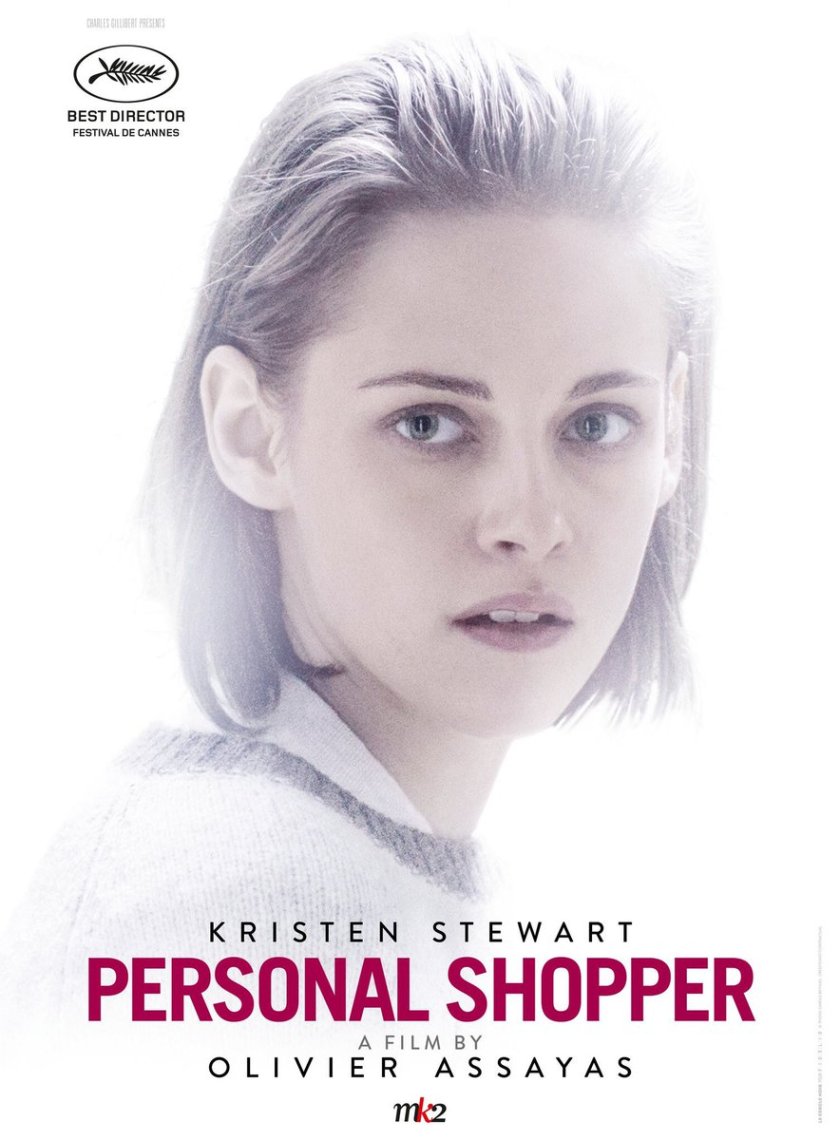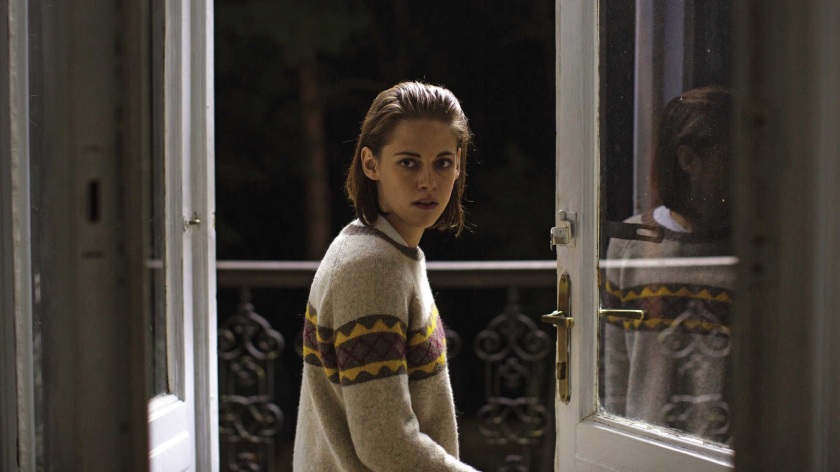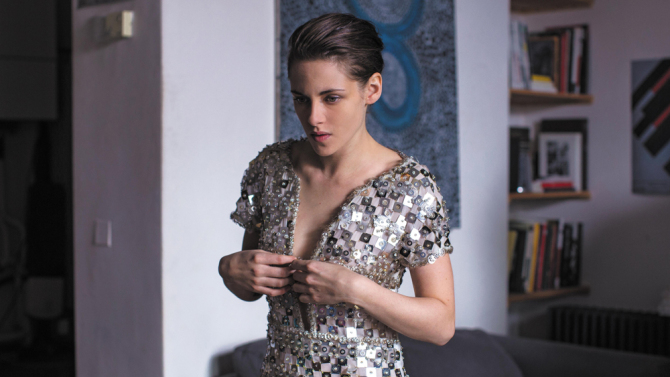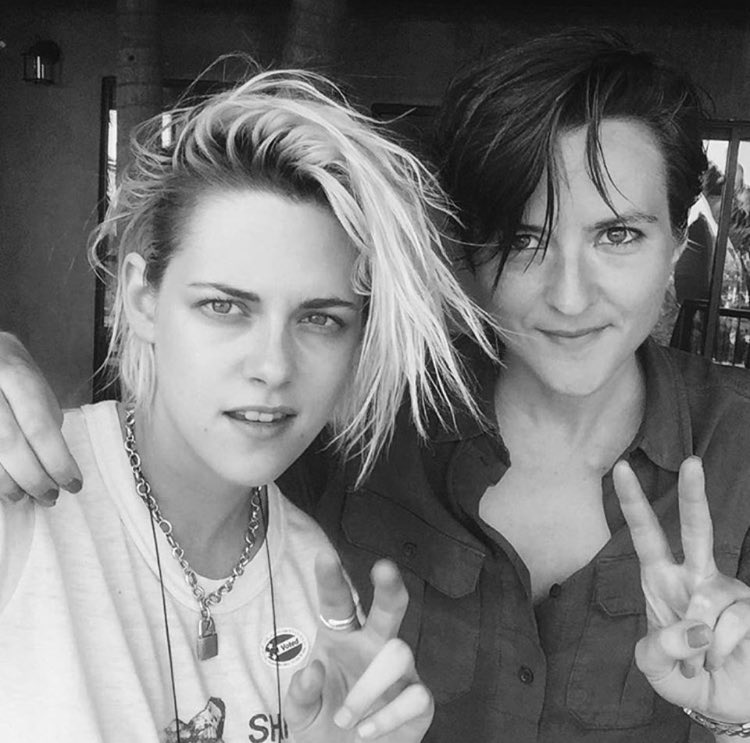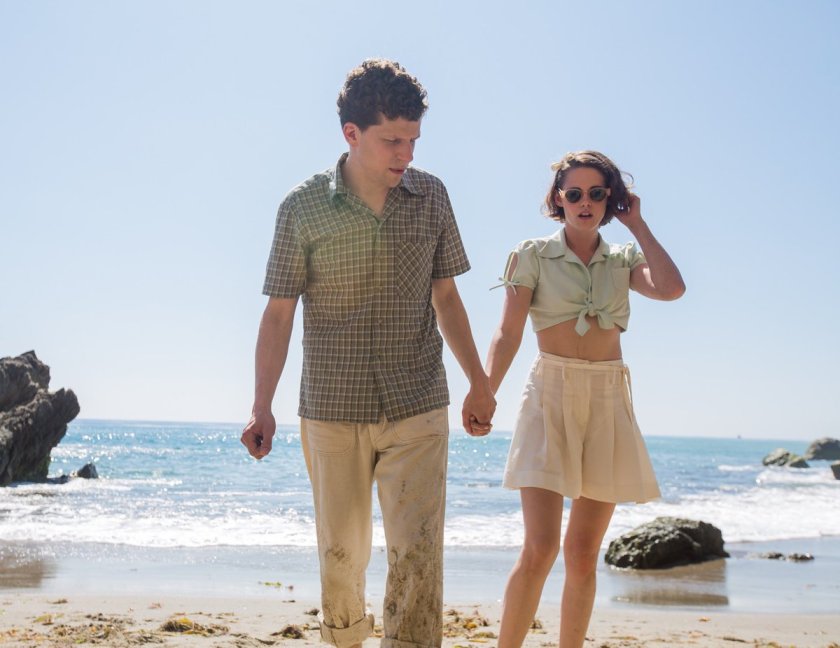
MESSY, BEAUTIFUL NOSTALGIA IN CAFE SOCIETY
By now, Woody Allen is what he is. His output has moved long past the days of Annie Hall and Manhattan and settles now on pleasant enjoyment in its best moments and formless boredom in its worst. However, his embattlements aside (I will not address his controversies in this review. It is not necessary to engage withCafe Society and I am not willing to wield the sword), there is still no presence quite like Woody Allen. For that reason alone, it is worth engaging with him when we are given the opportunity, to see if he is making folly or crafting a rare sort of flesh-and-blood engagement with a with a set of ideas.
While Cafe Society may not be a full blown example of the latter, it certainly strays far from folly, and ends up a charming, admirable, and nostalgic bit of romantic ephemera.
This time, the role Woody Allen would have played in the ‘70s is Bobby Dorfmann (Jesse Eisenberg). He’s a young, nebbish, awkward romantic of a man who leaves Manhattan for the glitz and glamour of 30s Hollywood. He’s there with the hopes that he’ll be helped out by his Uncle Phil (Steve Carell), a powerful Hollywood executive. What luck, he actually does. Phil gives Bobby a job as an odd-job man that makes him a number of powerful connections.
It also connects him with Vonnie (Kristen Stewart), a beautiful young secretary who Bobby instantly falls in love with. There’s one problem. That being that Vonnie has a boyfriend who’s a little closer to Bobby than he thinks.
Also, his family is pretty neurotic and his brother (Corey Stoll) is a gangster. A bunch of people drop references to people in old Hollywood.
I know that seems out of nowhere, but to be fair, that’s kind of the way the film does it. While the individual moving cogs of Cafe Society are all charming and fun, there’s a sense that these are welded together without much care. The main story (Vonnie and Bobby) is remarkably well-done, and it wouldn’t necessarily work without the other pieces.
But that doesn’t mean that the film doesn’t have a lot of weird turns that feel out of place in the moment. As charming as Corey Stoll is, the New York Jewish Gangster stuff seems to come from a different movie until it becomes super important all of the sudden. I guess maybe that’s reflective of the perspective of the main character, but that doesn’t mean it’s necessarily any less confusing to see on screen.
It means the film feels very messy, which isn’t necessarily what it wants. It wants to be loose, drifting through these people’s lives, but it feels like it’s constantly catching up with itself. That means when it needs to hit its big ideas and big points, there’s not enough of a basis in the actual action of the film. It’s the kind of film where I know what it’s doing, but I’m not necessarily sure it’s actually doing it.
None of this necessarily drags down my enjoyment of the film, mind you. This is all head stuff up above this paragraph. This is a film that works hugely on a heart level for me and so much of it is based on the cast and the main love story.
Jesse Eisenberg isn’t necessarily someone I need to defend, except maybe in the light of Batman v Superman. After all, the man is an Oscar-nominated actor. But I do still appreciate the hell out of what he does and specifically what he does here. There’s a fantasy aspect to someone this awkward being a ladies man and a widely beloved success, but Eisenberg actually manages to give him a certain charm that works in this film.
But I do need to defend Kristen Stewart, which I’ve done before.Cafe Society gives me the room to mount it with the most cohesion though.
To put it simply, Kristen Stewart is a damn fine actress. She has a absolute control over what it is she does and she wears her emotions in shades and subtleties more than anyone else. Stewart does not disappear into roles, rather she envelops them. She knows what she’s doing, that’s what I always see in her. She knows how to take the histories of her characters into herself and turn them into her own. Her worst roles are roles that would defeat any actress. Roles in tired films with characterization tossed off with nary a thought to what she’s given.
When Stewart is given something to sink her teeth into, like with the films of Oliver Assayas or opposite Eisenberg, she soars. Woody Allen gives her plenty in Cafe Society. Vonnie is a trapped girl, given two paths of life. The easy one that so many in her position have taken and the hard one that she might love. Stewart embodies her house divided against itself and makes you understand her decision and care what happens to her as a result of it. It’s honestly remarkable and I loved watching her.
It’s also because she has remarkable chemistry with Eisenberg. The two feel remarkably natural together on screen, like they might be a real couple. They play off each other like old pros and they seem to create a greater whole no matter what’s happening around them.
The rest of the cast is great, of course. Carrell proves he’s got legitimately strong dramatic chops and Stoll is ruthlessly charismatic no matter what he’s doing. Every supporting actor is also a delight.
The story being told is wonderful and this is craft in a way we haven’t seen from Woody Allen in a while. Much is thanks to Vittorio Storaro, the cinematographer who bathes Hollywood in a golden glow, a gentle beautiful nostalgia. It’s a film that feels wonderful to look at and becomes a wonderful experience through that.
Cafe Society isn’t everything it should be. But it’s so easy to admire what it is. A gorgeous step back into an old love, a dream of what might have been. Some great people bringing us a snapshot of a very long moment.
Grade: B+

